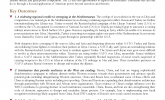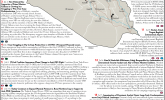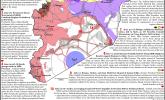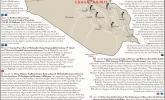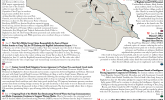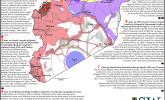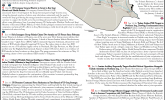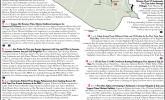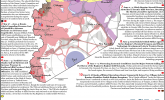July 2, 2020 - ISW Press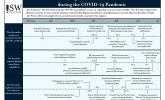
The Kremlin is using the COVID-19 pandemic to test an expanded societal control toolkit. The Kremlin has empowered Russian security services, deployed Russia’s national guard nationally, empowered the Ministry of Defense as a domestic actor for the first time, implemented mass digital surveillance, and further tightened control over Russia’s information space. The Kremlin seeks to expand its ability to control the Russian population in the long-term, as Russian President Vladimir Putin increasingly relies on authoritarian measures to preserve his regime, and suppress potential unrest in the aftermath of the national voting on Russia’s constitutional amendments on July 1. Digital surveillance technology, such as facial recognition, geolocation on smart devices, and comprehensive digital databases for all Russian citizens, will help the Kremlin circumvent the cost requirements associated with constructing and staffing a massive control infrastructure. These technologies will further erode privacy in Russia and grant the Kremlin new capabilities to discretely identify and neutralize its opponents with minimal public confrontation. Putin will increasingly rely on societal control tools and digitally targeted repression to stifle critics and preserve his regime.
